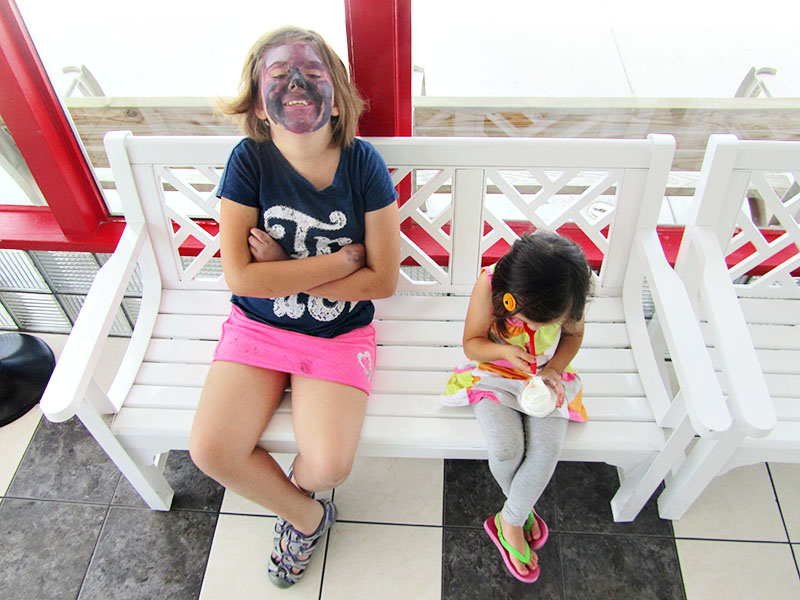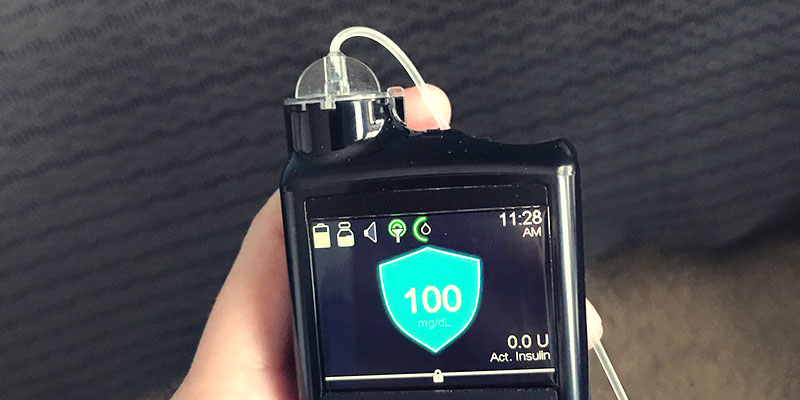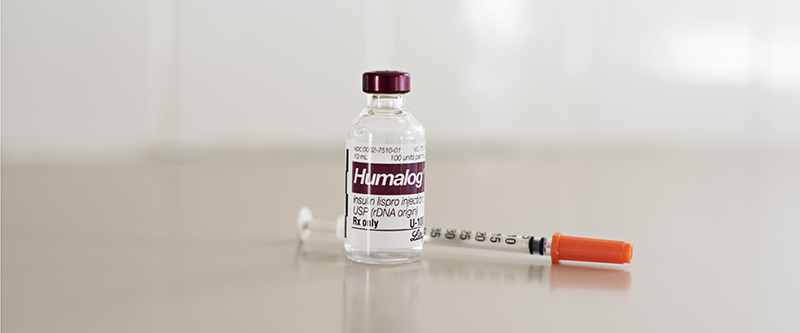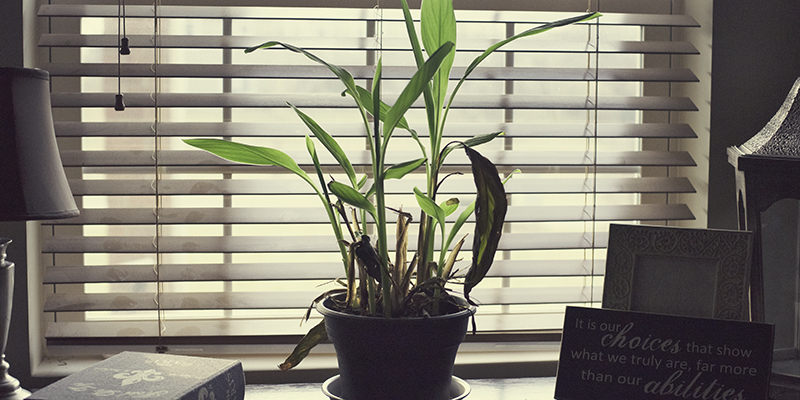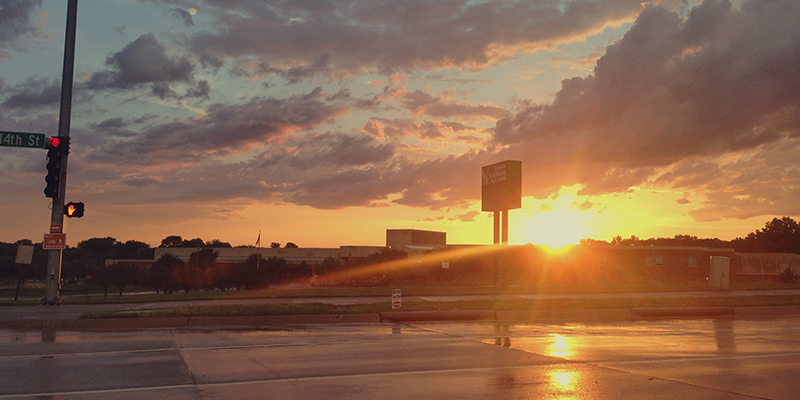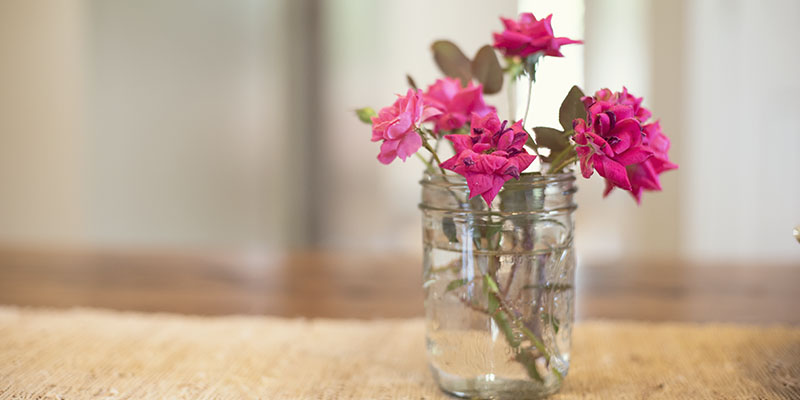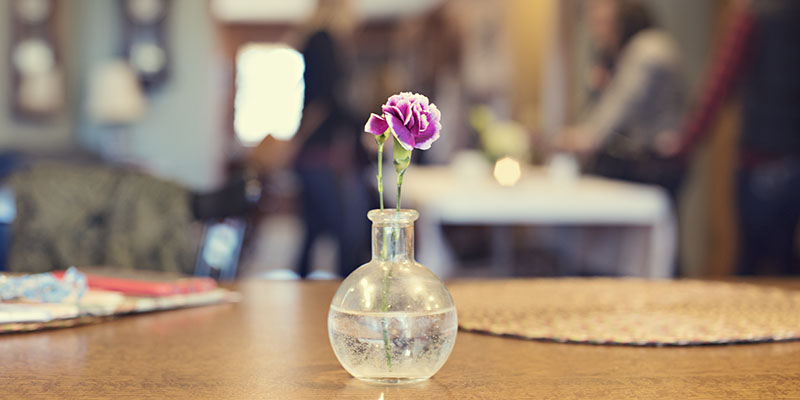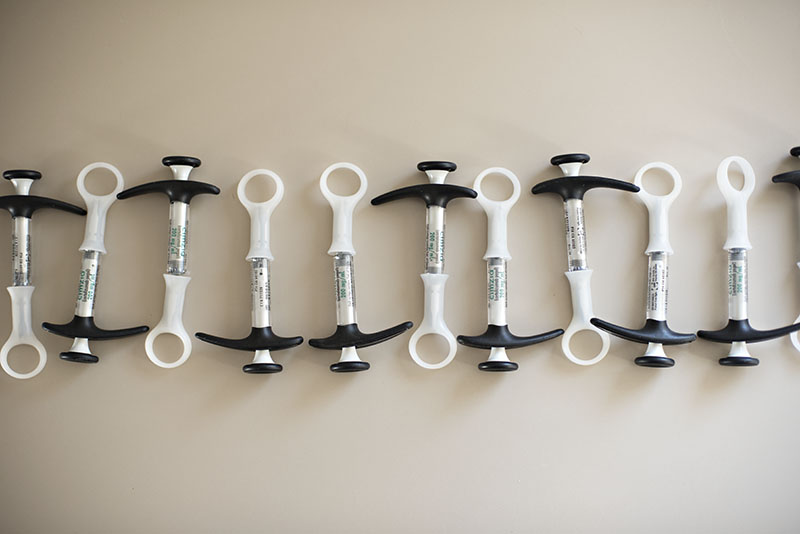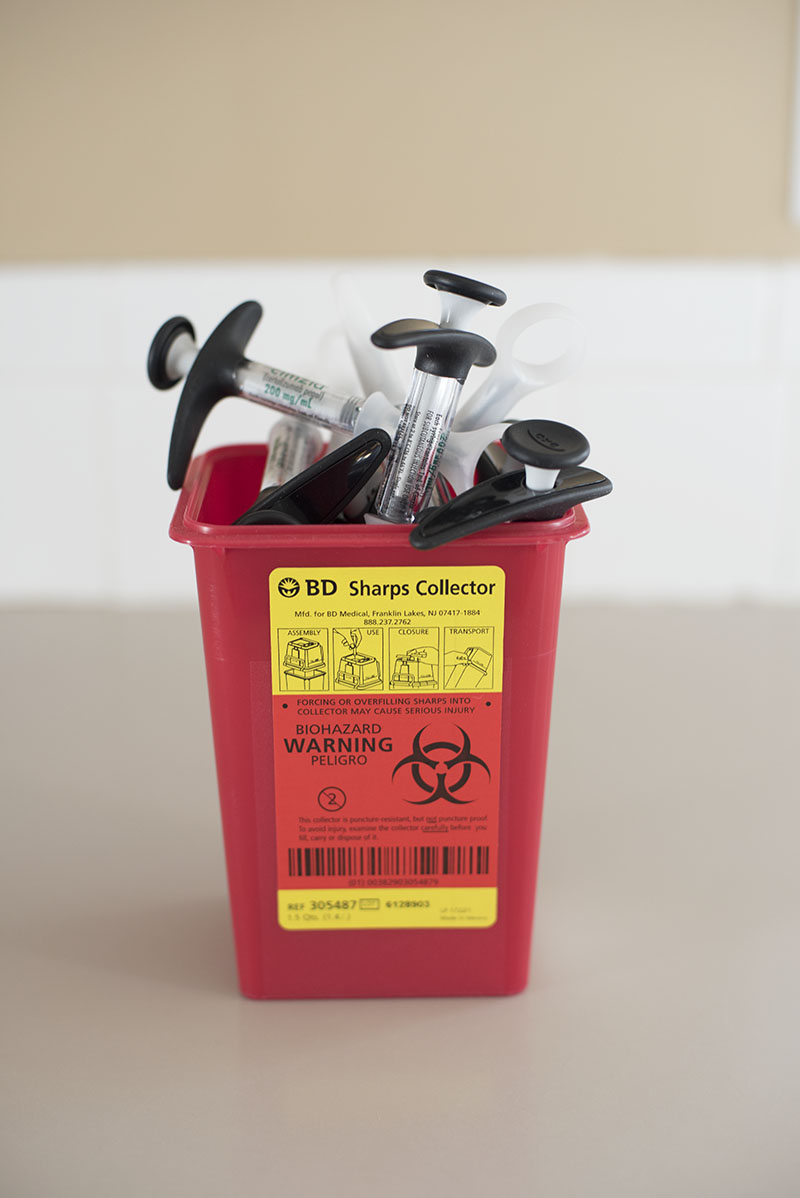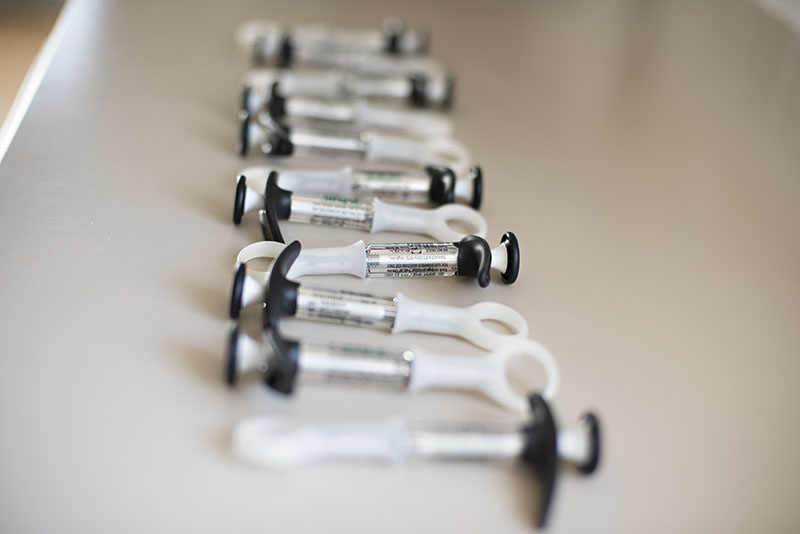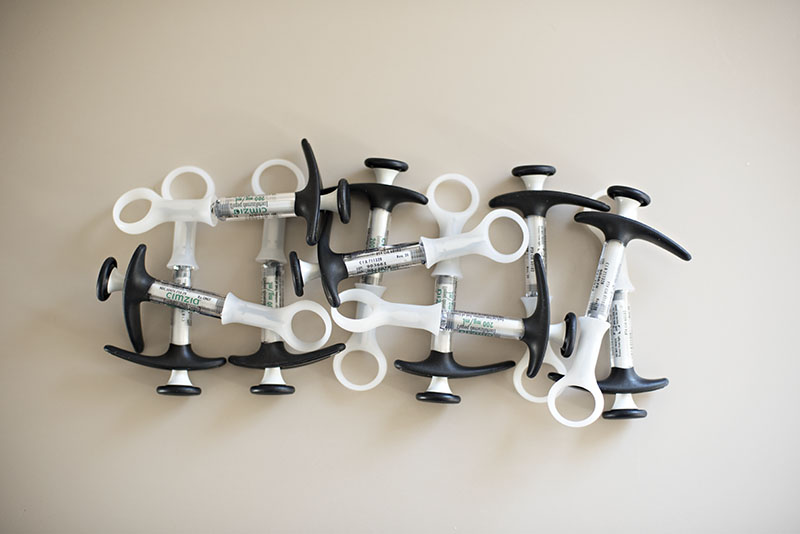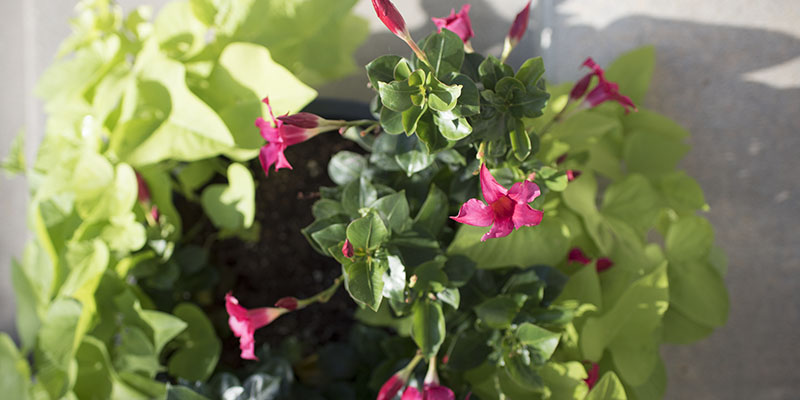
The one cashier available at Walmart this morning was busy with two customers, so even though my cart was full to the brim, I walked down to the self-serve lanes. Preferring to be busy rather than standing still waiting, I pulled out my reusable totes and starting scanning. (Not gonna lie, I love to scan stuff.) As everyone knows, the Walmart self-scanners and bagging stations are finicky and don’t appreciate the variables of extra weight from bags I have brought from home. It was a long process to get checked out. I went through two workers who periodically came over to scan their employee cards and tell the machine to chill out. I felt a tweak in my lower back from bending over for heavy groceries and heavier bags (now waiting on the floor to not confuse any machine or person).
However, what I felt in that moment was immense gratitude.
The small tweak in my lower back reminded me of the bigger tweaks that I was not feeling. At all.
The balls of my feet—suited up in tennis shoes—felt absolutely fine.
My elbows—whose joint tissue has been eaten up by rheumatoid arthritis and then surgically removed at Mayo—felt absolutely fine.
My blood sugars—with an assist from a protein-rich, carb-free breakfast—were absolutely steady.
Though I had walked into Walmart under dark clouds, I walked out into sunshine, my hand digging into my purse for sunglasses. I thought about the nature of life and how terribly hard things can be. Sometimes the hard things obscure our views. Sometimes the hard things are so intense that we can’t come up for air, we can’t see anything else but pain, we can’t catch our breath. But to be honest, those moments of intensity are not the norm—and thank goodness they aren’t. Usually life is a little more balanced and that is exactly when it’s important to recall the way we are blessed. And like I’ve said before, we can see those blessings all the more when we’ve experienced a little darkness to compare them to.
I would not have taken a moment to appreciate my strong feet and strong arms on the concrete floors of a warehouse grocery store if I had never experienced the utter debilitating nature of arthritis. Am I asking too much for others to be aware of their own strong joints when they’ve never been through what I have?
Our experiences are not the same. It is likely that you’ve experienced hardships I’ve never had to consider. It is also likely that, if we were to get into conversation, we’ve had similar struggles at one point or another in our lives. Suffering doesn’t belong to just one or two people—it’s widespread. It’s human. It’s part of being human.
What helps us to count the blessings is a healthy dose of empathy. If you can see someone else’s plight—and if you can imagine just for a second that it’s yours—you will value the sweetness of life all the more.
The infertile woman or man is looking at you guys, yes, all of you with all of your biological children, as absolute miracles.
The teenager with cystic fibrosis is envying your ability to pull in deep breaths of air.
The diabetic who is trying to avoid sweets but also has to buy extra Skittles and juice boxes for low blood sugars is marveling at your pancreas.
The kid going through a divorce looks longingly at two-parent homes, while the kid without a father wonders what having a dad might be like.
The guy without hands sees how fast you put on a tie, change a tire, hang a picture frame, or type an email and feels a bit tired.
The woman who is plagued by anxiety and doesn’t sleep wonders when this feeling will end and life will resume normally.
The student with gut issues wishes he could eat anything he wanted to and would rather not take drugs to get by.
The cancer patient thinks about her longevity and is amazed there used to be a day where cancer wasn’t a constant companion.
Can it be that simple? Can your ability to take a deep breath be something you’re actually grateful for? When you lace up your sneakers and go for a hard run, can you appreciate the movement of your muscles and joints? If you aren’t a diabetic can you rejoice that you can sweat without considering your blood sugars? If you have eyes to see the sunshine and the clouds, can you count that as a blessing? If you can hear the robins chirping and the kids playing outside yelling and the dogs in the neighborhood barking, can you rejoice that winter is finally over and be happy that being outdoors is an option again?
This is life. This is the way to live, friends. If being human is experiencing hardships AND joys, then open your eyes to the joys you still have the ability to count. And when the darkness is all-consuming, ask a friend to who can still see light to recount the joys for you.
